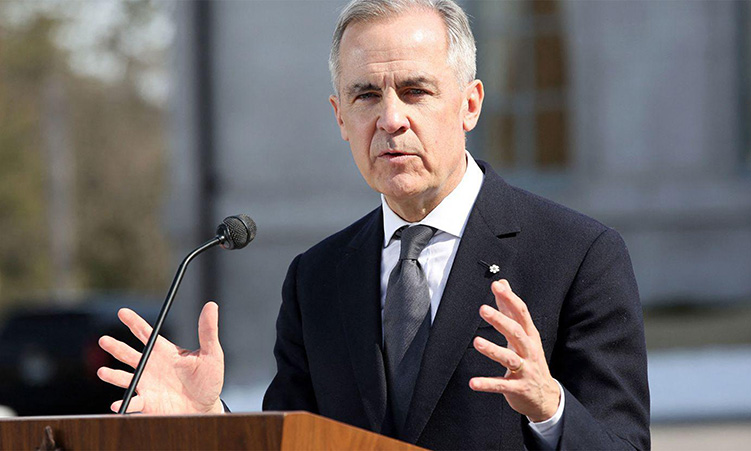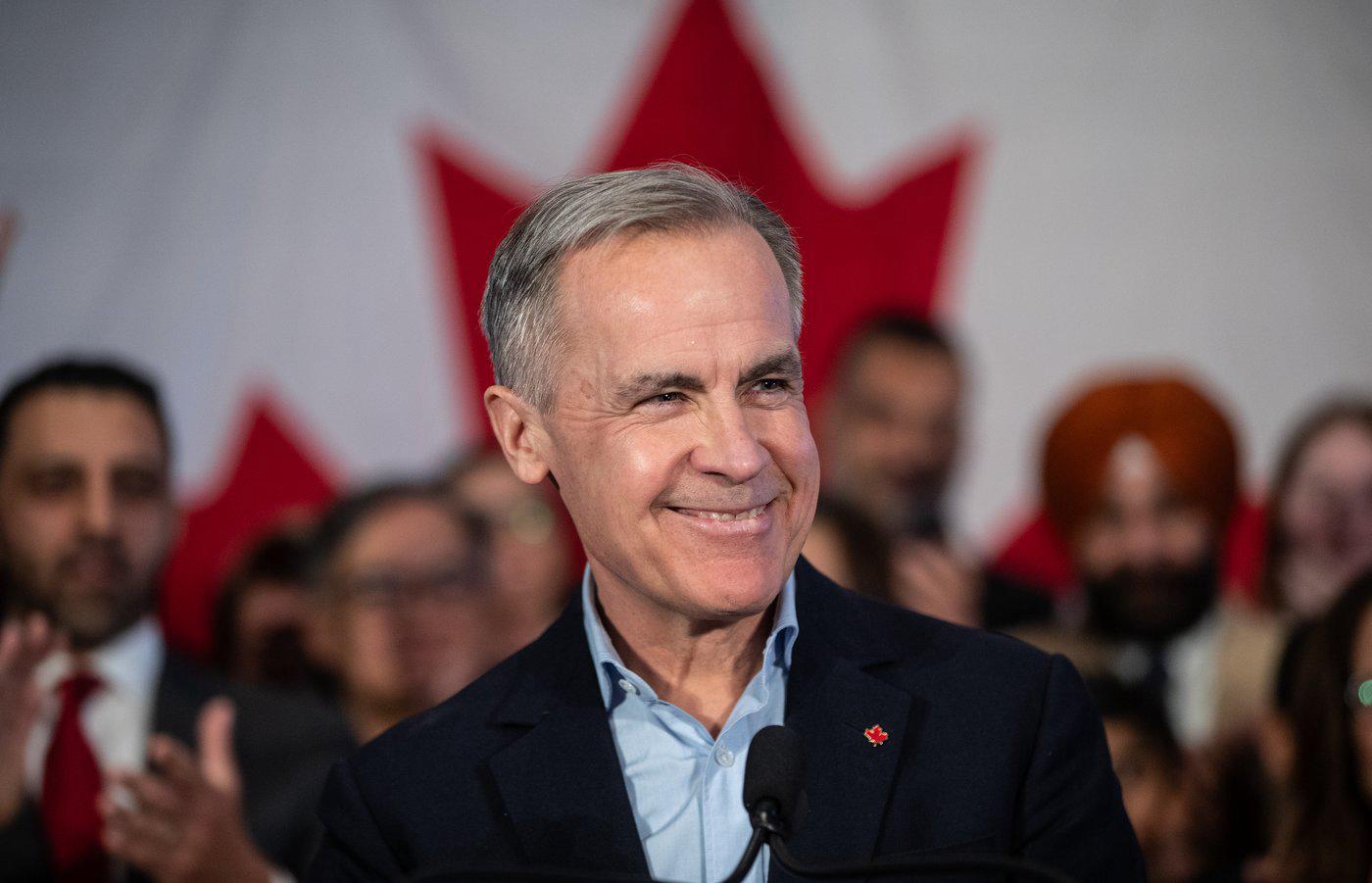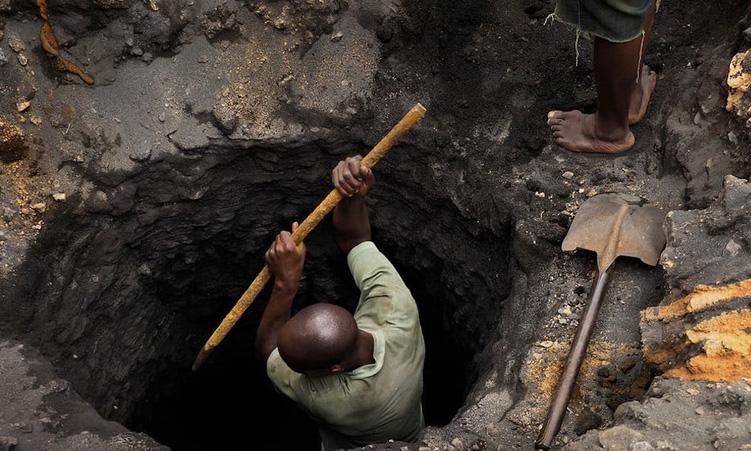GOVERNMENT has done it before and they’ve done it again! Letting a situation reach fever pitch before they sit down to talk to aggrieved essential personnel, whether they be teachers or nurses.
Without pronouncing on the rights or wrongs of the position of nurses on payment for work done on Sundays and public holidays, there is little doubt that this matter has been disputed for a long time now, and Government could have averted the near-crisis this week, had they been more proactive regarding the grievances of these medical personnel. Exacerbating the issue has been the stand-off between the officially recognised union representing health workers, the Namibian Public Workers’ Union (Napwu) and the more recently formed Namibia Nurses’ Union (Nanu).Napwu, of course, has a recognition agreement with Government and is under the umbrella of the National Union of Namibian Workers (NUNW), which is affiliated to the ruling party.But many nurses claim that Napwu has neglected their interests, if not “betrayed them”, and this led to the formation of the new union.The conflict situation could have been averted had Government simply agreed to talk to the nurses in the first place, instead of keeping them at arm’s length, then citing technicalities related to which union was the rightful bargaining unit, and then threatening them.Although the prospect of a nurses’ strike is something that could affect State hospital patients countrywide, it must also be said in the nurses’ defence (further evidenced through the words of the Nanu spokesperson, Abner Shopati) that this was very much a last resort, and that they demonstrated after responsibly ensuring that some remained on duty to ensure the wellbeing of patients.Shopati also requested nurses to return immediately to their stations after the protest was over.Nurses drew up a petition which has now been forwarded to the Office of the Prime Minister after their demonstration earlier this week, the Prime Minister Nahas Angula has 30 working days to respond.Another vexatious aspect, which could also have been avoided had more timely action been taken, was the dispute that then arose between the Prime Minister and the Minister of Health, Dr Richard Kamwi, who took a very hardline stance towards the nurses.Kamwi maintained earlier that he was not aware of a request by the Prime Minister for him to meet with Nanu representatives, and he threatened repercussions if nurses decided to demonstrate.Kamwi maintains that nurses should not resort to strikes because of the effect on patients, and he is entitled to this view.However, a tough attitude such as the one he took in threatening further action if nurses demonstrated is not the way forward.It is important that Government recognise that, in addition to the issue of non-payment of Sunday and public holiday time, they have to try and resolve the situation with regard to the competing unions.If Nanu wants to challenge Napwu to represent nurses’ interests, then they are entitled to do so, and dependent on the outcome of any election, Government will in turn have to recognise the union that the nurses choose.An election should be facilitated, because it will at least, in the future, eliminate this point of contention when it comes to issues relating to nurses’ working conditions.Government must also avoid its tendency to think that if they ignore it, a problem will go away.Inevitably it will not, but will only exacerbate over time.Even the nurses’ demonstration this week could have been prevented had Government decided they would engage in discussion.It did appear as if demonstrations, and certainly the prospect of a strike, was a last-resort tactic and all indications are that officials of Nanu as well as the nurses themselves would rather have resolved this matter amicably.And obviously in this, and other labour matters, discussion is the preferred option to protests and strikes.It is important that Government now give its full support to an election so that the nurses can have their say.Exacerbating the issue has been the stand-off between the officially recognised union representing health workers, the Namibian Public Workers’ Union (Napwu) and the more recently formed Namibia Nurses’ Union (Nanu).Napwu, of course, has a recognition agreement with Government and is under the umbrella of the National Union of Namibian Workers (NUNW), which is affiliated to the ruling party.But many nurses claim that Napwu has neglected their interests, if not “betrayed them”, and this led to the formation of the new union.The conflict situation could have been averted had Government simply agreed to talk to the nurses in the first place, instead of keeping them at arm’s length, then citing technicalities related to which union was the rightful bargaining unit, and then threatening them.Although the prospect of a nurses’ strike is something that could affect State hospital patients countrywide, it must also be said in the nurses’ defence (further evidenced through the words of the Nanu spokesperson, Abner Shopati) that this was very much a last resort, and that they demonstrated after responsibly ensuring that some remained on duty to ensure the wellbeing of patients.Shopati also requested nurses to return immediately to their stations after the protest was over.Nurses drew up a petition which has now been forwarded to the Office of the Prime Minister after their demonstration earlier this week, the Prime Minister Nahas Angula has 30 working days to respond.Another vexatious aspect, which could also have been avoided had more timely action been taken, was the dispute that then arose between the Prime Minister and the Minister of Health, Dr Richard Kamwi, who took a very hardline stance towards the nurses.Kamwi maintained earlier that he was not aware of a request by the Prime Minister for him to meet with Nanu representatives, and he threatened repercussions if nurses decided to demonstrate.Kamwi maintains that nurses should not resort to strikes because of the effect on patients, and he is entitled to this view.However, a tough attitude such as the one he took in threatening further action if nurses demonstrated is not the way forward.It is important that Government recognise that, in addition to the issue of non-payment of Sunday and public holiday time, they have to try and resolve the situation with regard to the competing unions.If Nanu wants to challenge Napwu to represent nurses’ interests, then they are entitled to do so, and dependent on the outcome of any election, Government will in turn have to recognise the union that the nurses choose.An election should be facilitated, because it will at least, in the future, eliminate this point of contention when it comes to issues relating to nurses’ working conditions.Government must also avoid its tendency to think that if they ignore it, a problem will go away.Inevitably it will not, but will only exacerbate over time.Even the nurses’ demonstration this week could have been prevented had Government decided they would engage in discussion.It did appear as if demonstrations, and certainly the prospect of a strike, was a last-resort tactic and all indications are that officials of Nanu as well as the nurses themselves would rather have resolved this matter amicably.And obviously in this, and other labour matters, discussion is the preferred option to protests and strikes.It is important that Government now give its full support to an election so that the nurses can have their say.
Stay informed with The Namibian – your source for credible journalism. Get in-depth reporting and opinions for
only N$85 a month. Invest in journalism, invest in democracy –
Subscribe Now!










